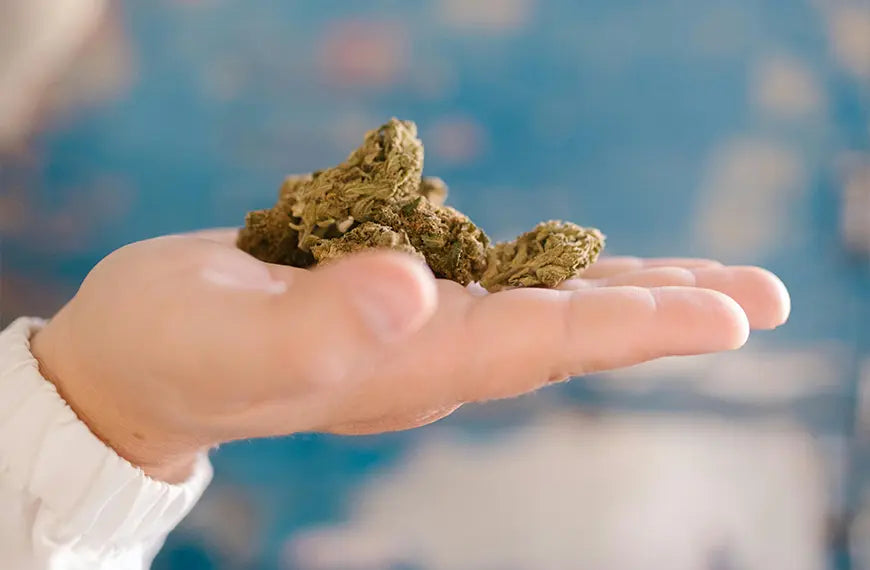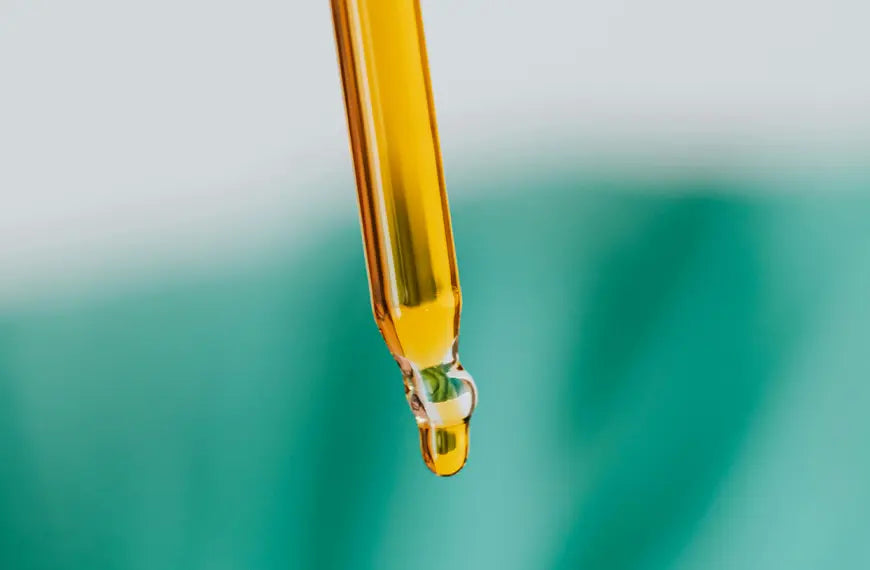Can CBD Help with Anxiety and Stress? The Science Explained

Anxiety and stress are two of the most common mental health challenges affecting people worldwide, leading many to seek natural alternatives for relief. Over recent years, CBD (cannabidiol), a non-psychoactive compound derived from hemp, has gained popularity as a potential remedy for managing anxiety and stress. With numerous studies examining its effects, CBD has sparked interest for its calming, anxiety-reducing properties. But does the science back up these claims? This FAQ article explores how CBD works to alleviate anxiety and stress, delving into the science behind it, current research findings, and what you need to know before trying it as a natural alternative.
What Is CBD, and How Does It Interact with the Body?
CBD is a naturally occurring compound found in the hemp plant, and it is one of over 100 different cannabinoids. Unlike THC (tetrahydrocannabinol), the psychoactive compound in cannabis, CBD does not produce a "high." Instead, CBD interacts with the body’s endocannabinoid system (ECS), a network of receptors responsible for regulating various physiological processes such as mood, sleep, and immune function.
The ECS is made up of two primary receptors: CB1 and CB2. These receptors are found throughout the body, including in the brain and central nervous system. While THC primarily binds with CB1 receptors, CBD affects both CB1 and CB2 receptors indirectly. This interaction may help regulate mood, stress, and anxiety levels.
Can CBD Help with Anxiety?
Anxiety is a common condition that affects millions of people globally. It is characterized by feelings of worry, fear, and nervousness, often accompanied by physical symptoms like rapid heart rate, sweating, and trembling. Many people turn to medications like benzodiazepines or SSRIs to manage their anxiety, but these can come with unwanted side effects.
CBD has shown promise as a natural alternative for managing anxiety. It is believed to reduce anxiety by interacting with the serotonin receptors in the brain, specifically 5-HT1A receptors. Serotonin is a neurotransmitter responsible for regulating mood, and lower serotonin levels are commonly associated with anxiety and depression. By promoting a more balanced serotonin activity, CBD may help alleviate anxiety symptoms.
Research Supporting CBD for Anxiety:
Several studies have explored CBD's potential to reduce anxiety:
- 2011 Study - Social Anxiety Disorder (SAD): A study published in Neuropsychopharmacology found that CBD reduced anxiety in participants with social anxiety disorder during a public speaking task. Those who took CBD experienced significantly lower anxiety, cognitive impairment, and discomfort compared to those who received a placebo.
- 2015 Study - Generalized Anxiety Disorder (GAD): Research published in The Permanente Journal concluded that CBD could be effective for treating anxiety and sleep problems in adults. The study found that 79.2% of participants experienced a decrease in anxiety after taking CBD.
- 2019 Study - PTSD and Social Anxiety: A study published in Frontiers in Psychology examined the effects of CBD on PTSD and anxiety symptoms. The findings suggested that CBD has the potential to reduce PTSD-related nightmares and anxiety in patients.
CBD for Stress: How Does It Help?
Stress is a natural response to external pressures, but chronic stress can lead to significant physical and mental health issues, including heart disease, weakened immune function, and mood disorders. CBD has been shown to have calming effects on the body, potentially helping to reduce stress levels.
CBD may work to regulate stress by influencing the hypothalamic-pituitary-adrenal (HPA) axis, which is involved in the body’s stress response. When under stress, the body releases cortisol, the "stress hormone." Prolonged or elevated cortisol levels can lead to negative effects on physical and mental health. By promoting a balance in cortisol production, CBD may help the body manage stress more effectively.
Research Supporting CBD for Stress Relief:
- 2014 Study - Animal Research: Research published in Neuroendocrinology Letters studied the effects of CBD on animal models exposed to chronic stress. The results indicated that CBD significantly reduced stress-induced behavioural changes, suggesting its potential as a stress management tool in humans.
- 2019 Study - Stress and Cognitive Performance: A study published in The Journal of Clinical Psychology found that CBD may help reduce stress while maintaining cognitive performance. Participants reported feeling less stressed when using CBD compared to a placebo, and their cognitive functions were not impaired.
How Long Does It Take for CBD to Work for Anxiety and Stress?
CBD’s effects are not immediate, and the time it takes for CBD to work can vary depending on several factors, including the method of consumption, individual body chemistry, and the severity of anxiety or stress.
- Sublingual Oils/Tinctures: When taken sublingually (under the tongue), CBD can enter the bloodstream more quickly, and users often feel effects within 15-30 minutes.
- Edibles: CBD edibles (like gummies) need to pass through the digestive system, so they may take 30 minutes to 2 hours to produce effects.
- Vaping: CBD vapes are absorbed rapidly through the lungs, allowing for almost immediate effects, but this method is often considered less healthy due to potential lung irritants.
What Are the Potential Side Effects of CBD for Anxiety and Stress?
CBD is generally considered safe, but like any supplement, it can cause side effects. Some common side effects of CBD include:
- Drowsiness or fatigue
- Dry mouth
- Diarrhea or changes in appetite
- Lightheadedness or dizziness
These side effects are generally mild and temporary. It's always a good idea to start with a low dose and gradually increase it to minimize the risk of adverse reactions.
How to Use CBD for Anxiety and Stress
To use CBD for anxiety and stress relief, it's important to find the right dosage and form of CBD that works for your body. As a general guideline:
Start low: Begin with a low dose, such as 10-20 mg of CBD per day, and gradually increase the dosage if necessary.
Be consistent: For optimal results, take CBD consistently, ideally at the same time every day.
Track your progress: Keep track of how you feel before and after using CBD to determine its effectiveness.
Conclusion: Is CBD an Effective Solution for Anxiety and Stress?
The science behind CBD’s ability to reduce anxiety and stress is compelling, with numerous studies supporting its potential benefits. By interacting with the body’s endocannabinoid system and regulating serotonin levels, CBD may help reduce feelings of anxiety, lower stress levels, and improve overall well-being. However, it’s important to note that while CBD has shown promise, it is not a one-size-fits-all solution. The optimal dosage and method of consumption may vary from person to person, so it’s crucial to experiment and consult with a healthcare provider before incorporating CBD into your routine, especially if you are already taking medications.
As research continues to evolve, CBD may become an increasingly popular and effective tool in managing anxiety and stress, offering a natural alternative to traditional medications for many individuals.



